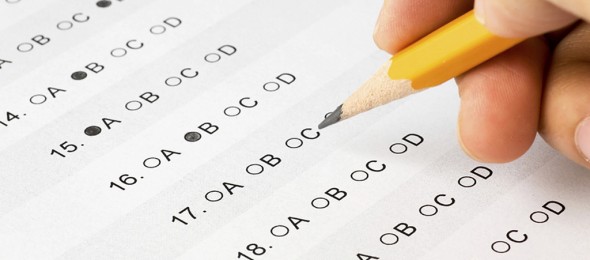Catherine A. Rogers, Professor of Law at Penn State Law and Professor of Ethics, Regulation, and the Rule of Law at Queen Mary, University of London, has published “Arbitrator Intelligence: From Intuition to Data in Arbitrator Appointments,” New York Dispute Resolution Lawyer Volume 11 No. 2 (Spring 2018). In her essay, Professor Rogers discusses using data gathered using the Arbitrator Intelligence Questionnaire to select neutrals.
Here is the abstract:
In virtually every sector of modern business, data is enhancing if not replacing intuition as the basis for making decisions. This trend holds even for assessments as seemingly subjective and rarified as predicting the quality—and hence price—of an exquisite French Bordeaux.
In selecting international arbitrators, however, intuition still predominates.
“Expertise” and “efficiency” are identified as the key features parties are looking for in an international arbitrator, but they are not easy to measure or quantify. Expertise and efficiency are not credentials that are listed on arbitrators’ CVs, but are instead cumulative, largely intuitive assessments that are drawn from a number of sources and metrics, which may vary from case to case depending on a client’s needs. The sources and metrics, meanwhile, are typically collected through ad hoc individual phone calls.
This Essay describes how Arbitrator Intelligence (AI) seeks to solve these problems by bringing data-driven analysis to arbitrator appointments. The means to these ends is the recently launched Arbitrator Intelligence Questionnaire, or AIQ. The AIQ seeks to replicate, through systematically collected feedback, the same kinds of information currently sought through personal-to-person inquiries.
After providing an overview of the content and operation of the AIQ, the Essay then previews the means by which data collected through the AIQs will be made available: AI Reports. It explains how collected data will be analyzed and presented in sample graphs.
The Essay concludes by explaining how Arbitrator Intelligence will liberate arbitrator selection from the 19th Century’s telephone and introduce it to the 21st Century’s data-driven analytic solutions.
This and other articles written by Professor Rogers may be downloaded without charge from the Social Science Research Network.
Photo credit: albertogp123 on Foter.com / CC BY














